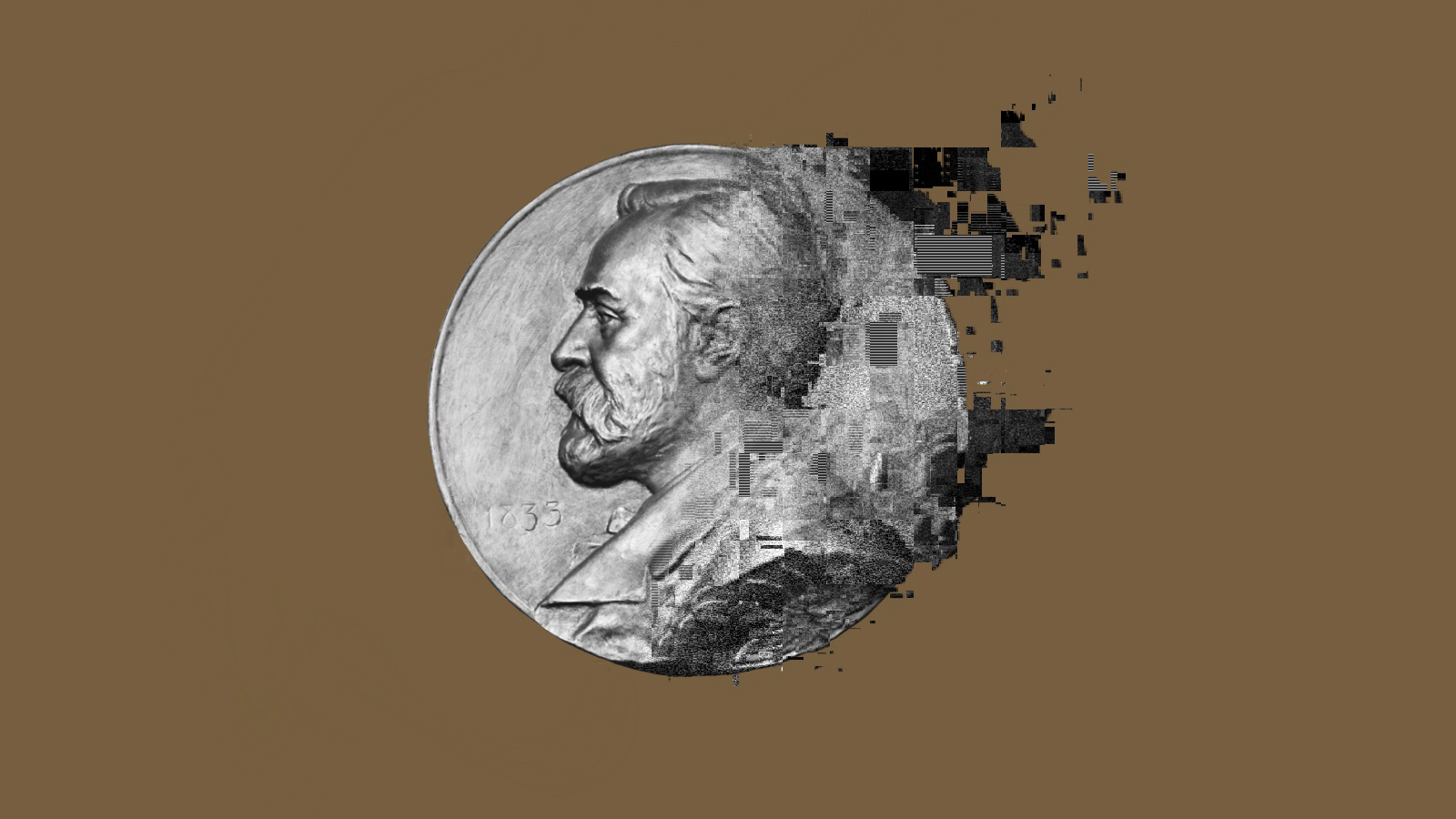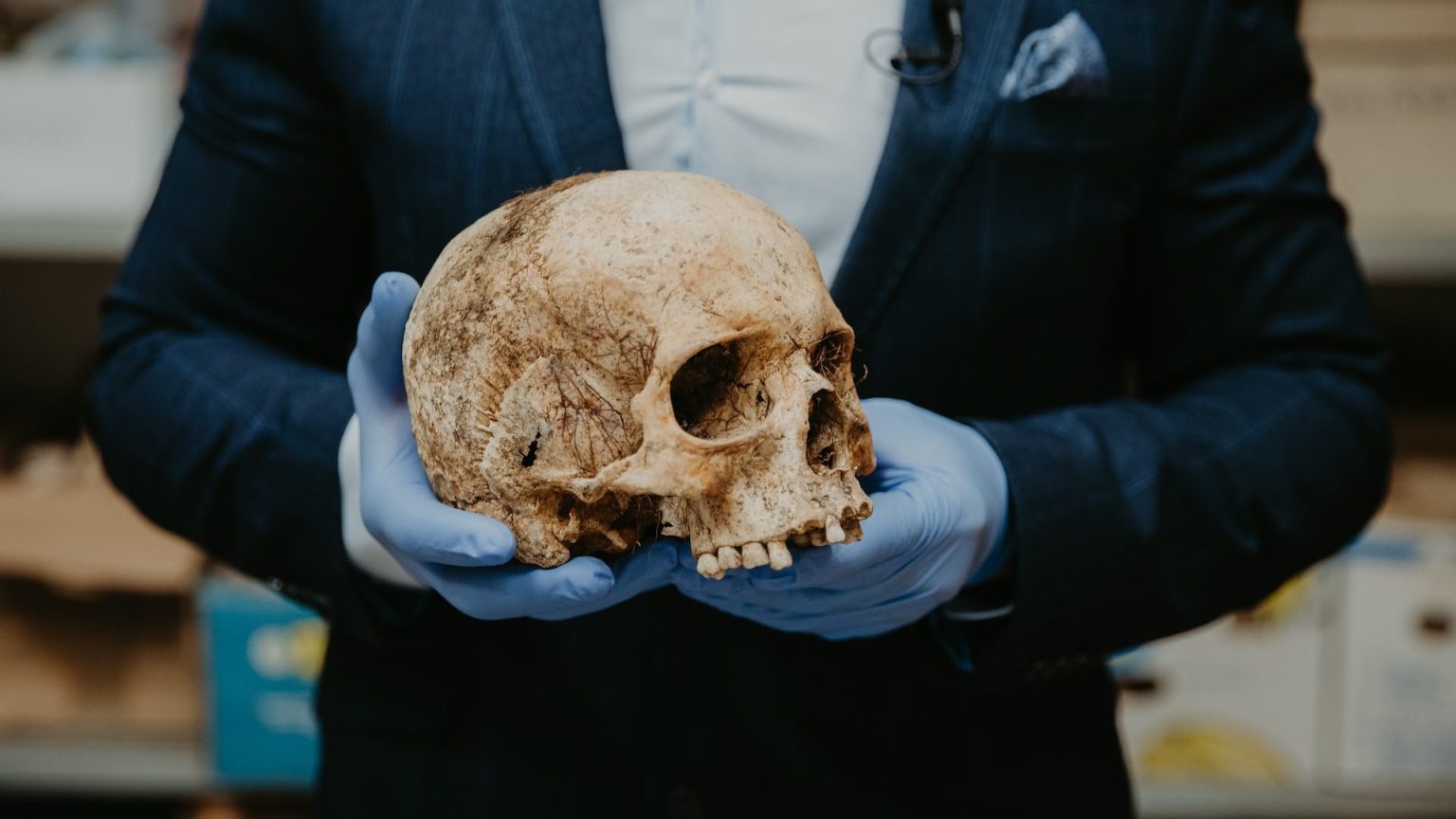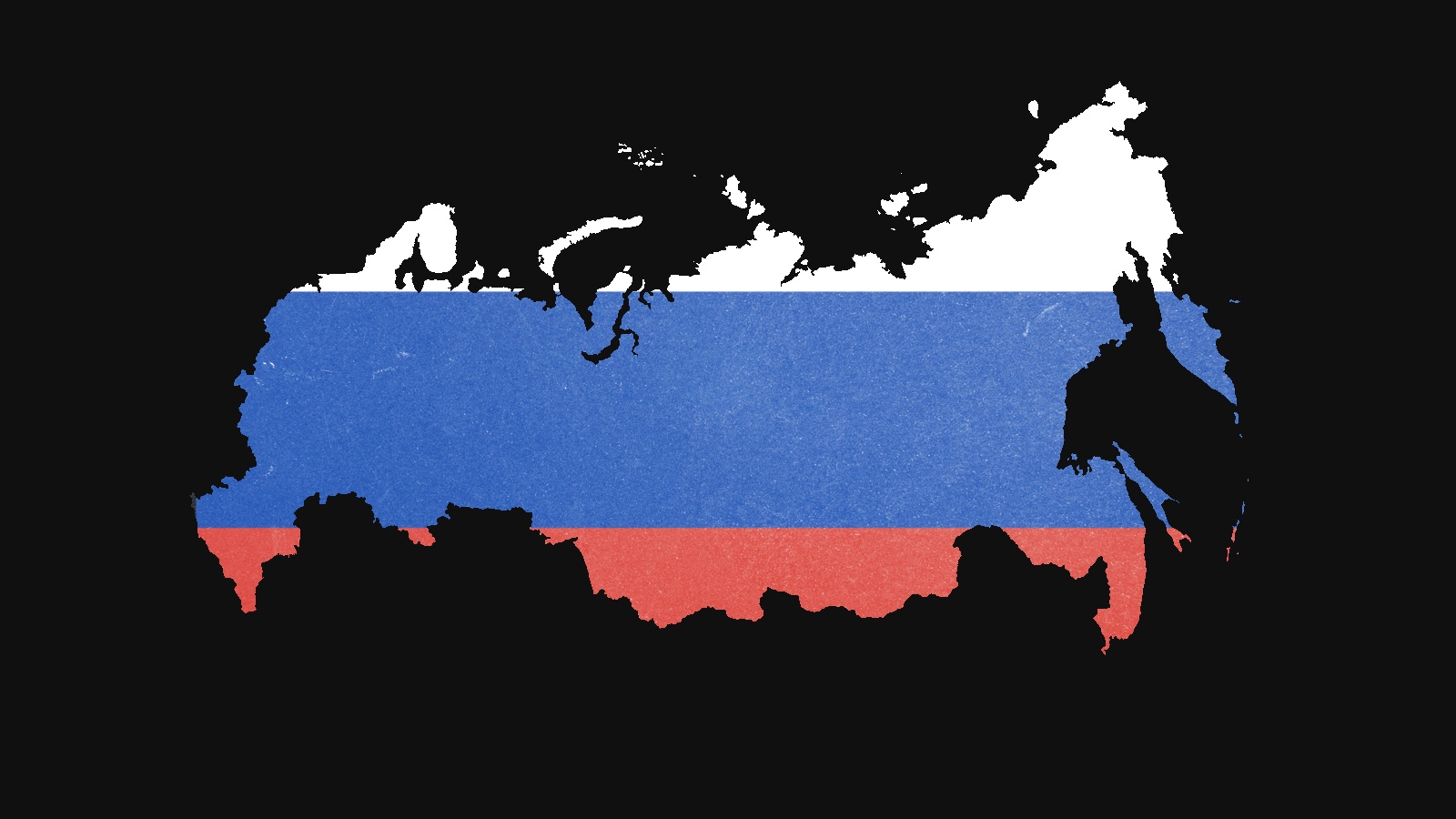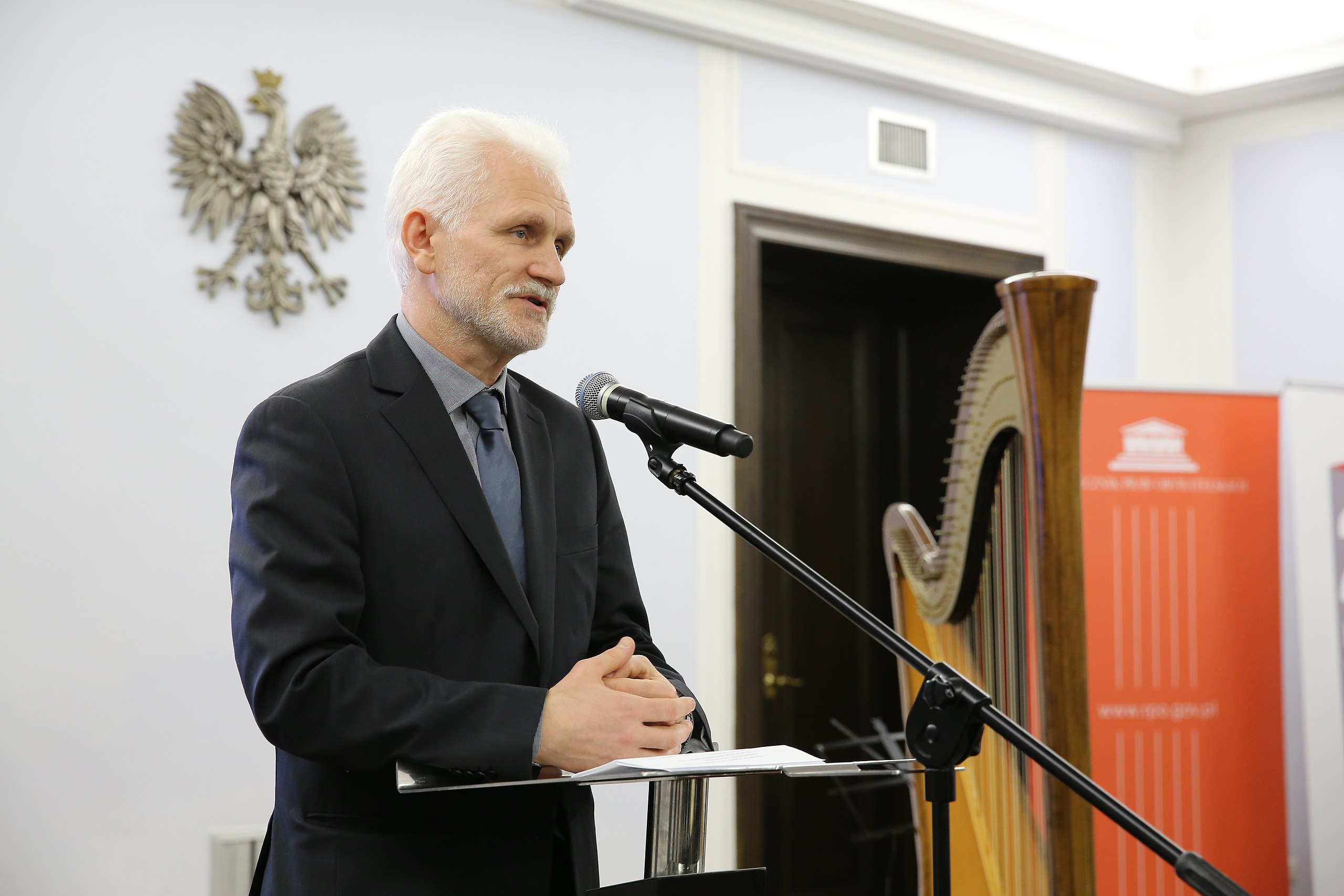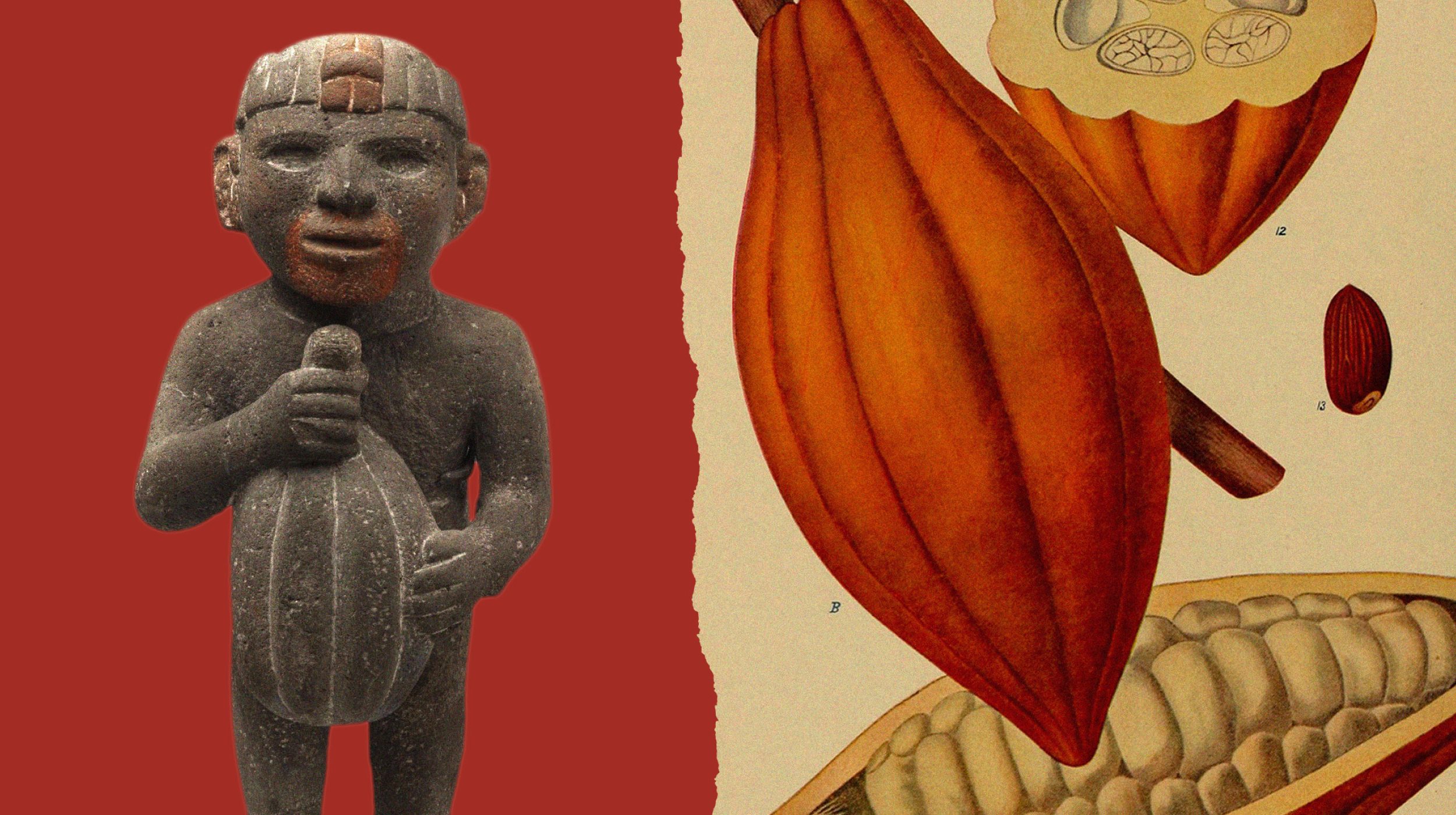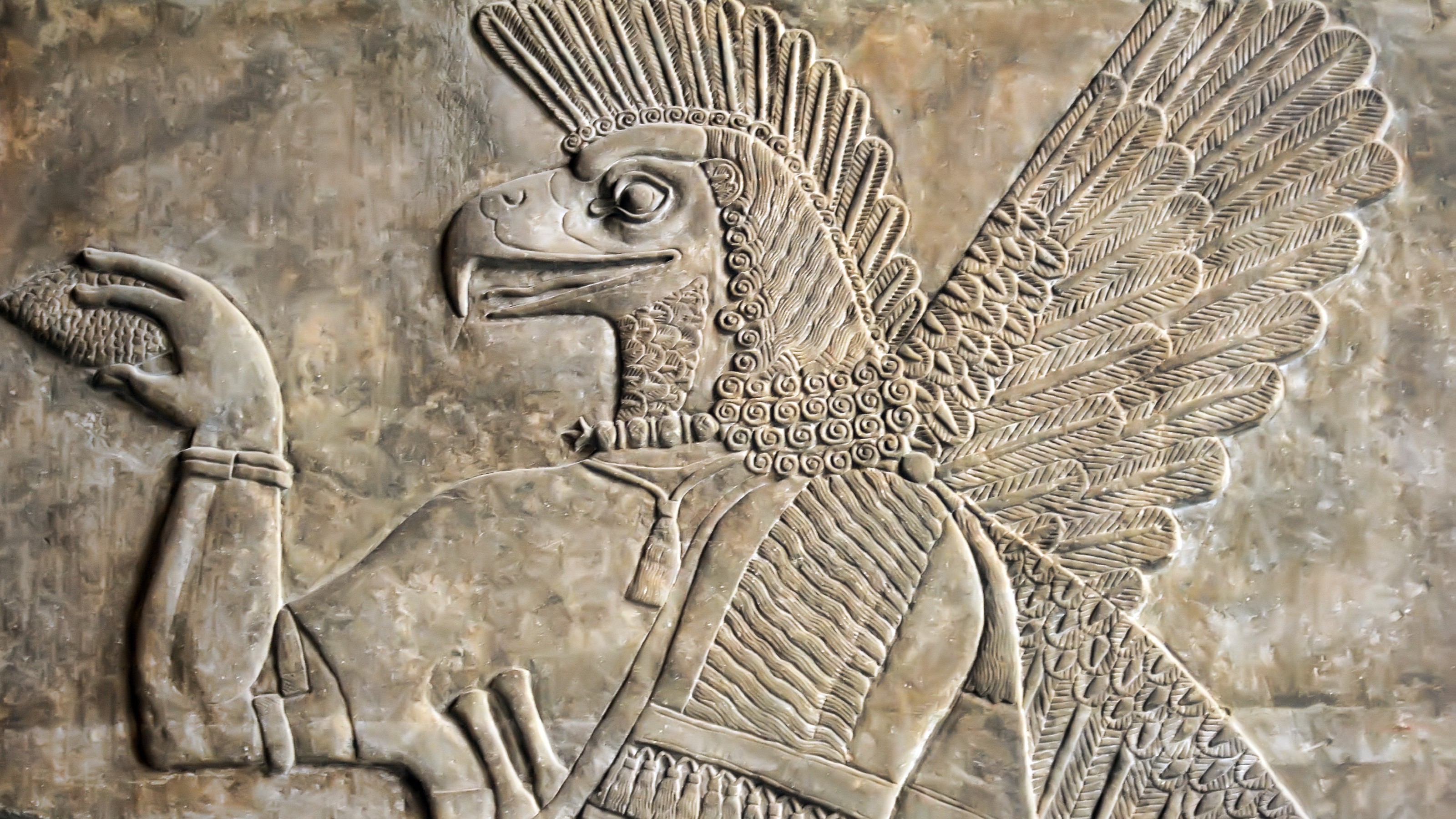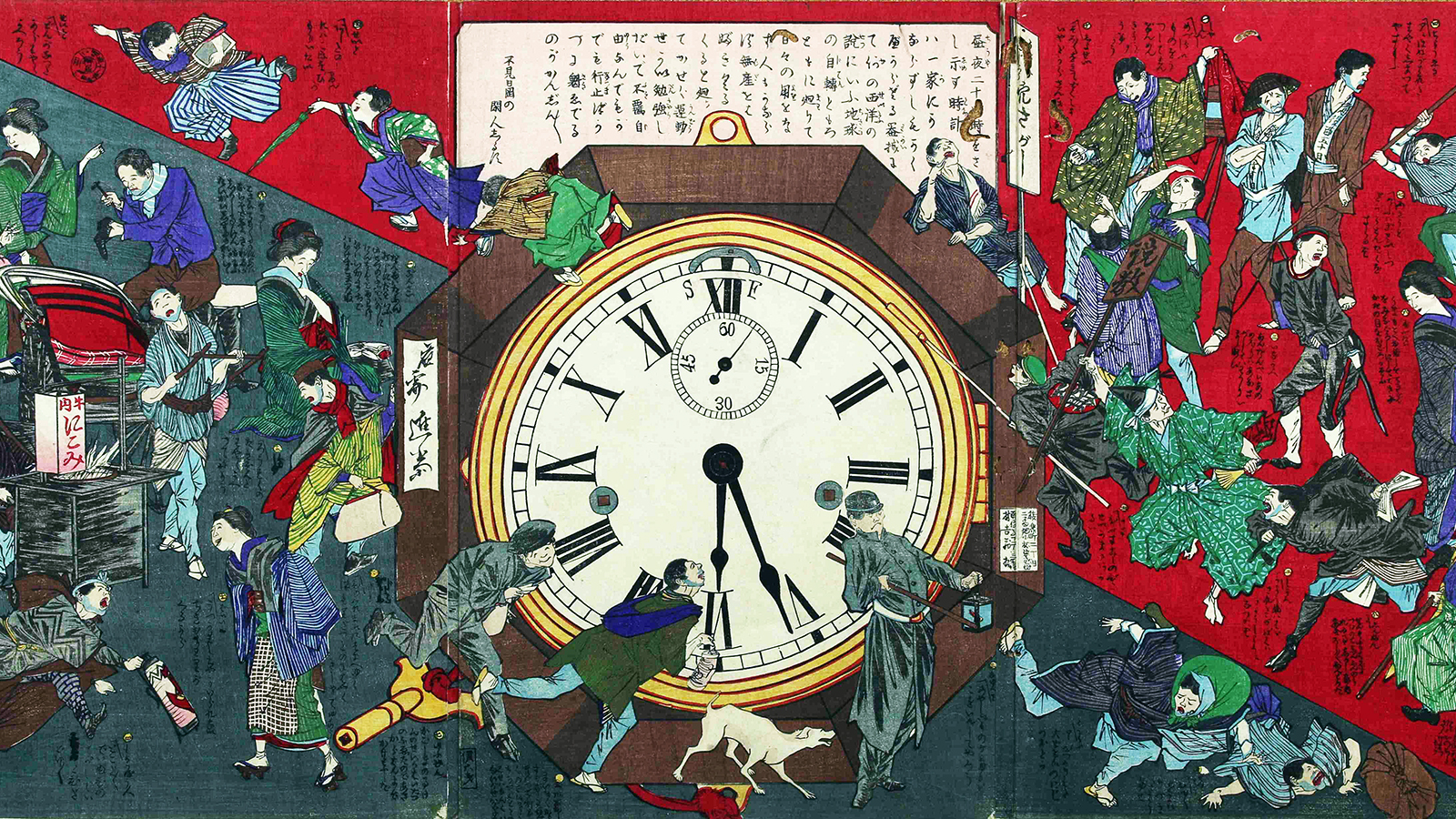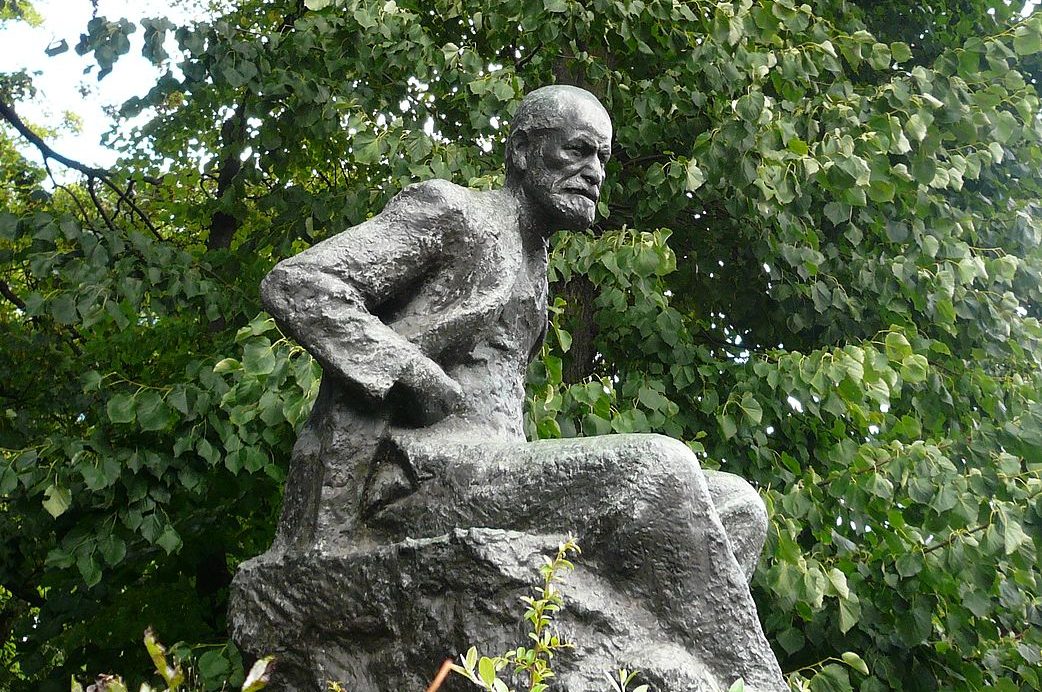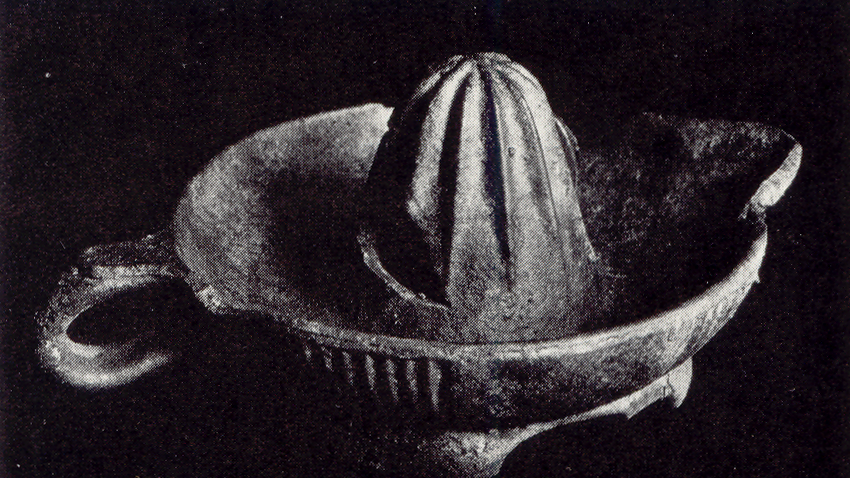history
Forget about Tinkerbell.
Urban legends help personify the anxieties that arise from living in a modern city.
How much can something change and still be the same thing?
Instead of worshipping Yahweh, the devotees were perhaps dedicated to Mars and Jupiter.
You can buy over 400,000 products tagged “witch” on Etsy, from candles to spell bottles to pentagram necklaces.
The world has improved in mind-blowing ways.
What if your best friend was an informant?
Between 30% and 50% of the US population says they believe in ghosts.
We got lucky with our evolutionary history.
All nations have founding myths, but none are quite like Russia’s.
One award was for a medical procedure that incapacitated thousands of people.
This year’s Nobel Peace Prize ceremony sends yet another strong message to Russian president Vladimir Putin.
After 10,000 years of civilization, have we figured out what virtue is?
More than 1,000 years ago, Mesoamerican societies conducted one of history’s most interesting experiments in commodity money.
Venerated astrophysicist Carl Sagan entertained the possibility.
Japan just opened to tourists for the first time since the coronavirus pandemic began, echoing the island country’s isolationist policies during the feudal era.
There were many other species of human on the planet. Svante Pääbo discovered one of them.
The monsoon rains were not always so reliable.
“Salvator Mundi” sold for a record-breaking $450 million in 2017, but is it really as valuable as people were led to believe?
Reading between the lines of Dorothy’s adventure to the Emerald City.
Modernism has lasted longer than any art movement since the Renaissance.
Sigmund Freud developed the decidedly unscientific principles of psychoanalysis in a time when most psychologists were trying to join the ranks of chemists and medical doctors.
Scallop shells have accompanied pilgrims to and from Santiago de Compostela for centuries, for more than one reason
Three reasons why a radically better future is more likely than we think.
The artifacts were often made from found objects – an Ivory dish-soap bottle transformed into an earthenware figure.
On New Year’s Eve 1899, the captain of this Pacific steamliner sailed into history. Or did he?
How drugs, demons, and the search for immortality gave us words we use everyday.
Successful forgers are remembered as great conmen, not artists. This is strange, considering their forgeries fooled even the most seasoned critics.
If you don’t mourn in North Korea, you risk being executed.








